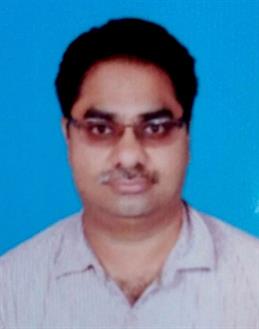A cochlear implant is an electronic device that partially restores hearing. It can be an option for people who have severe hearing loss from inner-ear damage who are no longer helped by using hearing aids.
- Ecil X Road, Hyderabad,
Telangana. - Contact / Emergency
99942 88800
Department of E.N.T Surgeon
Cardiology is a branch of medicine that deals with the disorders of the heart as well as some parts of the circulatory system
It is the branch of medicine concerned with the study and treatment of disorders of the nervous system
Urologists diagnose and treat problems involving the male and female urinary tract and the male reproductive organs




